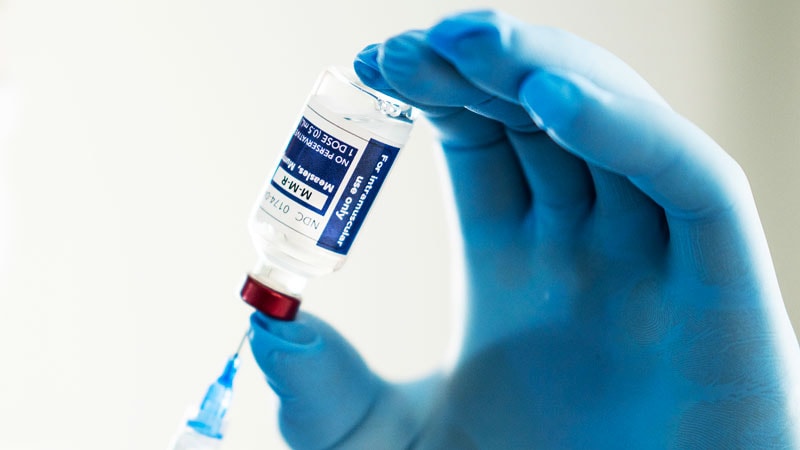Rubella Screening in Pregnancy No Longer Recommended in Italy - Medscape

If a pregnant woman contracts rubella in the first 17 weeks of pregnancy, then the risk for congenital rubella in the newborn — which may entail spontaneous abortion, intrauterine death, or severe fetal malformations — is as high as 80%. This risk once frightened patients and clinicians in Italy. Thanks to widespread population vaccination, however, the World Health Organization declared the elimination of endemic transmission of rubella in Italy in 2021. The Italian National Institute of Health took note, and the recent update of the Guidelines for the Management of Physiological Pregnancy no longer recommends offering rubella screening to all pregnant women.
The Rubeo Test
The rubeo test, an analysis for detecting antibodies in the blood produced by vaccination or a past rubella infection, traditionally forms part of the examination package that every doctor prescribes to expectant patients at the beginning of pregnancy. If the test shows that the woman is not vaccinated and has never encountered the virus, making her susceptible to the risk for infection, according to the previous edition of the Guidelines, then the test should be repeated at 17 weeks of gestation. The purpose is to detect any rubella contracted during pregnancy and offer the woman multidisciplinary counseling in the case of a high risk for severe fetal damage. Infection contracted after the 17th week, however, poses only a minimal risk for congenital deafness. There is no treatment to prevent vertical transmission in case of infection during pregnancy.
For women at risk for infection, the old Guidelines also recommended planning vaccination postnatally, with the prospect of protecting future pregnancies. Rubella vaccination is contraindicated during pregnancy because the vaccine could be teratogenic.
Recommendation Update
In the early '90s, universal vaccination against rubella for newborns was introduced in Italy. It became one of the 10 mandatory pediatric vaccinations in 2017. In June 2022, the Ministry of Health reported a vaccination coverage of 93.8% among children aged 24 months, a coverage of 93.3% for the first dose, and a coverage of 89.0% for the second dose in the 2003 birth cohort.
"Rubella is a notifiable disease, and in 2013, the newly activated national surveillance system detected one case of congenital rubella per 100,000 newborns. From 2018 onward, no cases have been reported," said Vittorio Basevi, a gynecologist of the Perinatal Technical-Scientific Advisory Commission in the Emilia Romagna Region and coordinator of the Technical-Scientific Committee that developed the updated Guidelines. "Thanks to extensive vaccination coverage, the infection no longer circulates in Italy. Based on these data, we decided not to offer screening to pregnant women anymore."
The recommendation to offer rubella vaccination post partum to women without documentation of two doses or previous infection remains confirmed.
Patients Born Abroad
How should one handle the care of a pregnant woman born in a country where universal rubella vaccination is not provided? The likelihood that she is susceptible to infection is higher than the that of the general Italian population. "On the other hand, since the virus no longer circulates in our country, the probability of contracting the virus during pregnancy is negligible, unless she has recently traveled to her country of origin or come into contact with family members who recently arrived in Italy," said Basevi. "The Guidelines refer to offering screening to all pregnant women. In specific cases, it is up to the treating physician to adopt the conduct they deem appropriate in science and conscience."
This article was translated from Univadis Italy, which is part of the Medscape Professional Network.
Comments
Post a Comment